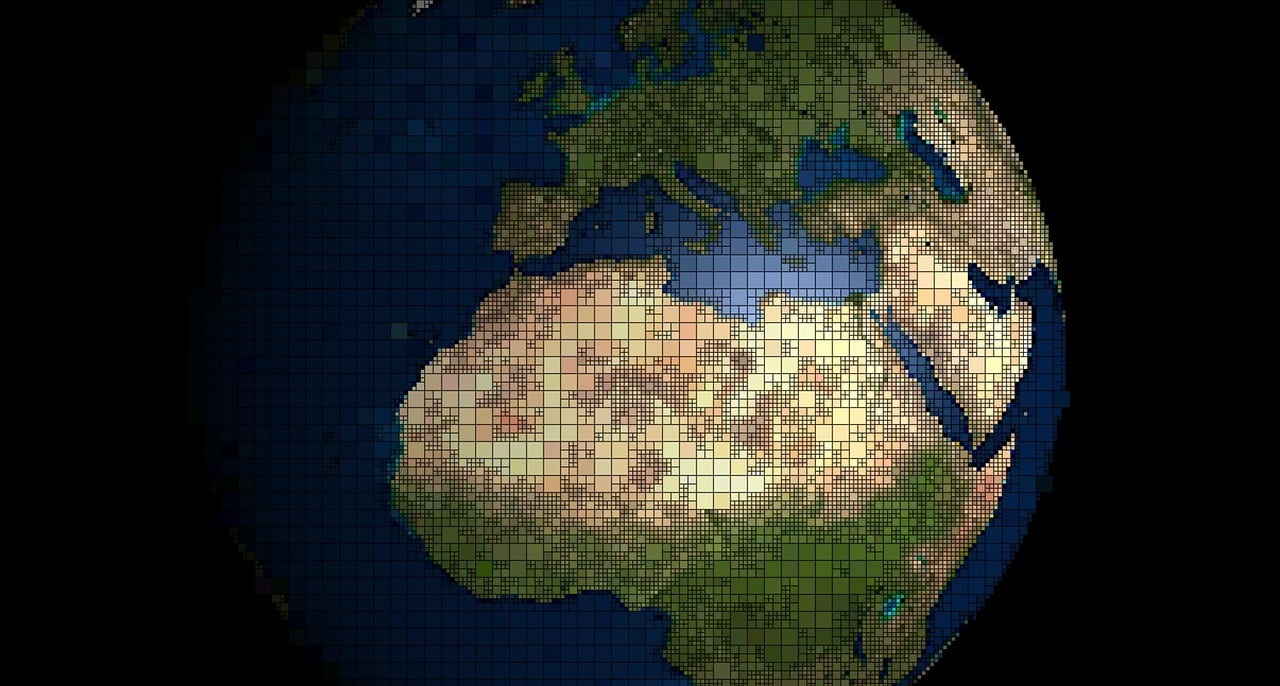
Do We Still Need Maps? Cartography in the 21st Century
I’m a cartographer. Yes, that means I make maps. To many, this comes as a surprise. Common responses include “Do we still need new maps?” or “Don’t we already have all the maps?” You get used to it, but I doubt many other professions find their relevance questioned so regularly. The confusion likely stems from a lack of insight into how the proverbial sausage is made. In the popular imagination, cartographers are synonymous with explorers, mapping new lands yet undiscovered1....

